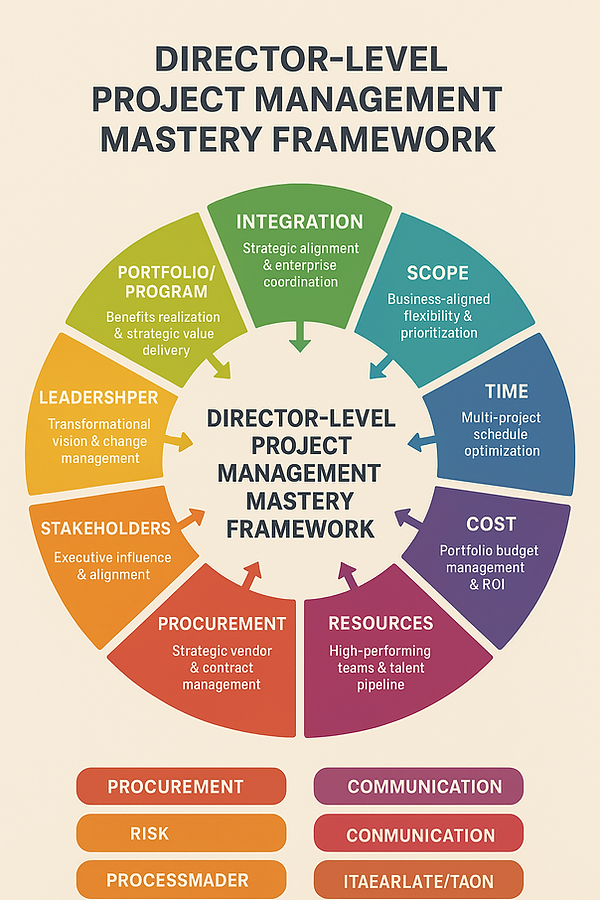What to Expect When You Contact Us?
-
USCIS Policy Manual, Chapter 2 – Definition of Child for Citizenship and Naturalization
-
USCIS Policy Manual, Chapter 3 – United States Citizens at Birth (INA 301 and 309)
-
USCIS Policy Manual, Chapter 4 – Automatic Acquisition of Citizenship after Birth (INA 320)
-
USCIS Policy Manual, Chapter 5 – Child Residing Outside of the United States (INA 322)
-
USCIS Policy Manual, Chapter 2 – Definition of Child for Citizenship and Naturalization
-
USCIS Policy Manual, Chapter 3 – United States Citizens at Birth (INA 301 and 309)
-
USCIS Policy Manual, Chapter 4 – Automatic Acquisition of Citizenship after Birth (INA 320)
-
USCIS Policy Manual, Chapter 5 – Child Residing Outside of the United States (INA 322)

Human Rights Advocates
Order for Restoring Peace on Earth (ORPE)
Restoring Human Dignity: A Divine Mandate
A Global Call to Unite Faith, Law, and Inclusive Action Wherever Justice Breaks Down.
Project Manager Director for Business and Communities Development
The Project Manager Director for Individual and Community Development initiative aims to build a new generation of competent, ethical, and visionary project leaders capable of driving inclusive growth in underserved communities. This program establishes a leadership and management framework that empowers individuals to design, implement, and sustain transformative community projects. Through specialized training in project design, leadership, monitoring and evaluation, and community engagement, the initiative creates multiplier effects where trained project managers become local catalysts for sustainable development and empowerment.
The project integrates technical management skills with human-centered, justice-oriented leadership principles. It focuses on aligning community needs with strategic planning, fostering partnerships, and ensuring that individuals and local organizations have the capacity to mobilize resources and lead their own development. Ultimately, the program seeks to reduce dependency, strengthen local institutions, and create resilient and self-reliant communities.
Director-Level Project Manager
To become a skillful Project Manager Director, one must master a structured framework that integrates strategic, operational, and leadership elements. Below is a detailed breakdown of Critical Framework Elements of Project Management that form the foundation for expertise at a director level:

1. Project Integration Management
Purpose: Ensure all project elements work together harmoniously.
Key Competencies:
-
Project Charter development and approval
-
Project management plan creation and execution
-
Coordinating changes and implementing corrective actions
-
Benefits realization and project closure
Director-level mastery: Ability to align projects with organizational strategy and balance competing priorities across multiple programs.
4. Project Cost Management
Purpose: Ensure projects are delivered within budget.
Key Competencies:
-
Cost estimating, budgeting, and financing
-
Cost baseline creation
-
Monitoring expenditures vs. budget
-
Implementing cost control measures
Director-level mastery: Strategic budget allocation across portfolios and ensuring ROI on project investments.
7. Project Communication Management
Purpose: Ensure effective internal and external communication.
Key Competencies:
-
Communication planning
-
Information distribution
-
Stakeholder reporting and engagement
-
Managing project documentation
Director-level mastery: Establishing communication frameworks that ensure transparency and strategic alignment across the organization.
2. Project Scope Management
Purpose: Define and control what is (and is not) included in the project.
Key Competencies:
-
Requirements gathering and analysis
-
Work Breakdown Structure (WBS) creation
-
Scope validation and control
-
Preventing scope creep
Director-level mastery: Ensuring scope aligns with business objectives while maintaining flexibility for strategic adjustments.
5. Project Quality Management
Purpose: Ensure project deliverables meet required standards.
Key Competencies:
-
Quality planning, assurance, and control
-
Process improvement (Lean, Six Sigma)
-
Compliance and regulatory adherence
Director-level mastery: Fostering a culture of continuous improvement and ensuring organizational standards are consistently applied across projects.
8. Project Risk Management
Purpose: Identify, analyze, and mitigate uncertainties.
Key Competencies:
-
Risk identification and assessment
-
Risk response planning
-
Risk monitoring and control
-
Contingency and mitigation strategies
Director-level mastery: Implementing enterprise risk management practices and ensuring projects contribute to strategic resilience.
3. Project Time (Schedule) Management
Purpose: Deliver projects on time.
Key Competencies:
-
Activity definition, sequencing, and duration estimation
-
Schedule development and optimization
-
Critical path analysis
-
Monitoring and controlling schedule changes
Director-level mastery: Optimizing schedules across multiple projects and programs to maximize organizational efficiency.
6. Project Resource (Human & Material) Management
Purpose: Efficiently use resources to meet project goals.
Key Competencies:
-
Resource planning and acquisition
-
Team development and leadership
-
Conflict resolution and performance management
-
Vendor and stakeholder management
Director-level mastery: Leading high-performing teams across multiple projects, balancing workloads, and developing talent pipelines.